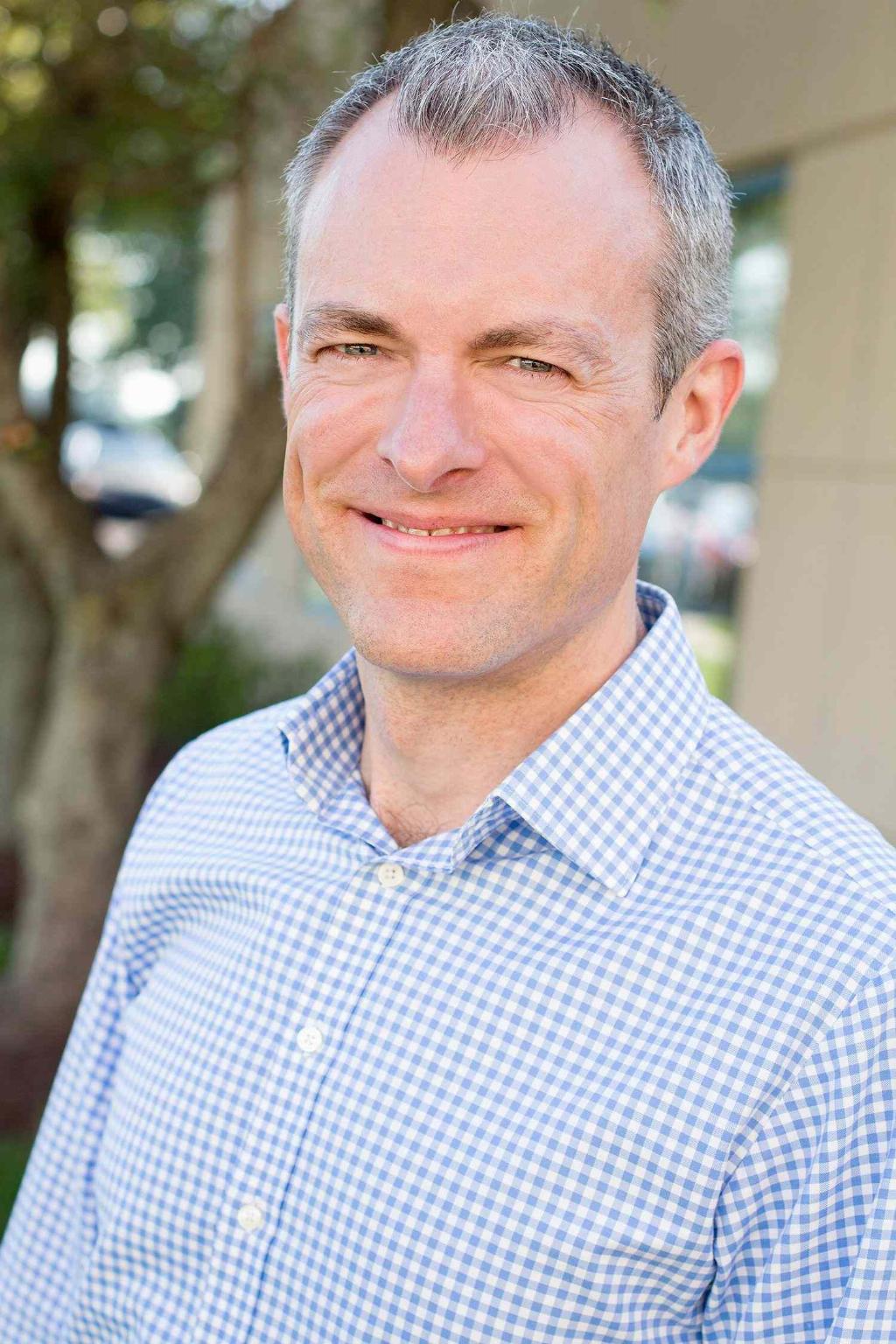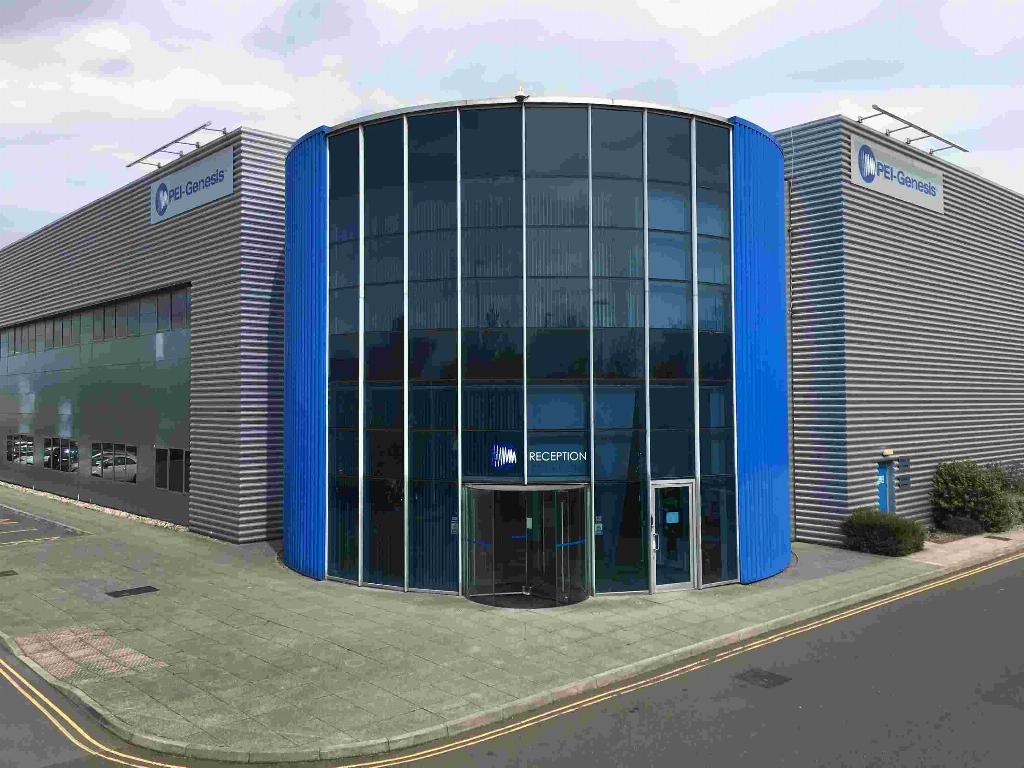
Everything counts in large amounts
18th May 2020 | In News | By Mike Richardson

There is rarely a dull moment in the design and manufacture of avionics interconnect products and services. Companies are doing what comes naturally by competing to win vital business onboard some of the latest and technologically advanced civil and military aircraft.
Everything counts, and competitive leverage can be gained as these companies introduce new innovations in interconnect design, establish corporate rebranding or simply takeover their closest rivals. I liked the company so much, I bought it!
These companies must also be mindful of their obligations to satisfy environmental demands by turning dreams into schemes and help reduce the overall weight of the aircraft. An increasing trend to move away from traditional electromechanical components towards sophisticated embedded electronics to manage the whole gamut of fluctuations through the aircraft’s power management systems means the role of the humble connector has gone beyond merely plugging in and transmitting signal.
There is now much more to it than that. There is more that companies can do to stay lean and mean by implementing the latest smart factory concepts that can help digitally streamline the business, reduce costs and improve their overall competitiveness when doing business throughout the supply chain.
Customer connected
PEI-Genesis specialises in the design and assembly of aviation connectors and cable harnesses for any aerospace and aviation application. The company maintains an AS9100D and ISO 9001:2015 certified quality management system at its corporate US headquarters in Philadelphia and at its US production facilities in South Bend, Indiana and Phoenix, Arizona as well as Southampton, UK and Zhuhai, China.
Assembling aviation connectors from top brands, including Amphenol, Cinch Connectivity, TE Deutsch, ITT Cannon, Lemo, Anderson Power Products, Souriau and HellermannTyton, PEI chooses to partner with customers early in the process to design engineered solutions that meet specific application requirements.

“As a family-run business, we really focus on the number one priority: our customers,” begins Jonathan Parry, senior vice-president and managing director EMEA of PEI Genesis. “We’ve been in the business for 74 years and connectors is all we do – we’re not a broadline catalogue distributor. We specialise in connectors, and we like to think we can help our customers navigate through what can be a very confusing landscape in terms of finding the right connector solution for the right application.”
Parry has been in charge of PEI Genesis’ European region now for over four years and has been pushing to diversify the company’s offering to ensure it provides the right solution, depending on customer requirements. Recently, PEI has been investing in its TE Connectivity product range and has invested a further $8 million in inventory to provide a speed of service that when the customers need it, they can have product within 48 hours.
“This bolsters our already broad product offering and positions us as that trusted advisor. Working in different markets, our latest strategy is to roll out what we call ‘customer segmentation’. This means dealing with different customers in a way they want to be dealt with - whether they simply want to ‘click’ online and get their product through our new e-commerce solution, right through to our global strategic customers where we may have a three-year design-in-process, before we receive our first order. We manage customers across all these levels, but for us it is important that we are family-owned, keep the customer at the heart of what we do, and keep that personal relationship available.”
Global, yet local feel
Clearly, that personal customer relationship is important to Parry, and within his remit, there are 36 field sales engineers on the road around Europe. To him, it’s important that the people on the ground build local relationships and that PEI doesn’t become that faceless, corporate organisation.
“We’re big enough that we can provide the right solution, but also small enough to care and have those personal relationships on the ground – be it with the likes of Airbus or Safran, through to the ‘Fred in a shed’ customer who we still value as very important. We have built our business on this long tail of customers that the manufacturers we represent cannot service. Smaller customers typically want less than ten pieces and as fast as possible. The large manufacturers aren’t equipped or interested in servicing this kind of customer.
“We’re complementary to the manufacturers we represent in that we have $90m globally of inventory in component form and we can build that product and get it to the smaller customers within a couple of days. This has been our traditional background and for the last few years we have been expanding our offering to more longer-term larger scale project-driven business with major international customers.”

In terms of the latest interconnect performance demands placed on PEI Genesis by the aerospace sector, Parry sees a customer trend for smaller, lighter and faster products in terms of transferring data.
“We’re seeing more use in either hybrid copper, fibre optic or pure fibre optic to pass high data speeds. Tight spaces and smaller footprints mean sophisticated backshell solutions in terms of what goes on at the back of the connector, such as strain relief, so that the cable doesn’t become damaged as it is turned through sharp radii. We offer both carbon fibre composite and aluminium materials so that customers can factor-in weight reduction and strength benefits, too.
“Four years ago, we acquired FilConn Inc., a specialist in filtering out radio-frequency interference (RFI), a critical requirement in mil/aero applications. The filtering technology is already integrated into the connector, rather than having to shield the full length of the cable and stop the interference at source. It means a much lighter and more cost-effective solution in placing the filtering within the connector itself.”
With aircraft product lifecycles increasing, legacy items will need to be replaced with newer kit. Every second an aircraft is in the hangar is time that it isn’t up in the air earning money. Parry says PEI Genesis helps many tier two companies supplying into the aircraft OEMs with smart technology that can be swapped in and out very quickly.
“Increasingly more of the aircraft communications is going wireless and this technology is rolling out across areas such as in-flight entertainment. The aircraft needs to be reinvented during its lifecycle and PEI Genesis is involved in prototyping - whether it is for Boeing’s 777X or Airbus’ A350 - so it’s really exciting to be a partner with these projects that you know are then going to be around for 30-40 years of continuous business.”
There’s more in-store
With somewhere in the region of 140 million parts in stock, I’m interested to know how easy it for a company like PEI Genesis to keep on top of obsolescence management, counterfeit part threats, stock checks and design revisions. With Industry 4.0 in mind, is the company working hard to integrate its product offerings into one ‘digitalised’ global PLM-based system?
“PEI Genesis has a very experienced project management team that works with its suppliers so that all the stock we hold is current. We’re always looking to turn our stock faster and faster and hold the most current items. We have that huge investment, but we also stand up for very strict policies to ensure that product is current and still fit-for-purpose as on the day we bought it. All of our facilities are accredited to AS9100 Rev. D which is the key aerospace standard, plus we’re audited annually.
“Our assembly processes have to be very quick at switching between batches – it’s unacceptable to have large amounts of production downtime. Our average order size is less than 25 pieces, and in our UK facility, we’ll have anything up to 900 works order per day, so we have dedicated production lines but they will have to switch across depending on the demand of that day. We have very fast changeover and we have invested a huge amount in training our people to be skilled in different processes - and we have screens at the point on the production line to retrain and refresh staff. This enables us to be very fast and adaptive and minimise the cost of changeover - and to be able to provide that 48-hour service to our customers. This for me is really key to have this flexibility.”
Parry summarises by saying that what really differentiates PEI Genesis from the competition is its 74 years of expertise in connectors alone, and an absolute focus within the PEI Genesis team that everyone is there to help the customer.
“It’s everyone at PEI Genesis’ job to make the customers’ experience better and make us stand out from the competition,” he concludes. “Taking a long-term view for our customers to help them meet their needs, it is a combination of expertise and customer focus that for me, really sets us apart.”
Consider a free digital subscription
If you find this article informative, consider subscribing digitally to Aerospace Manufacturing for free. Keep up to date with the latest industry news in your inbox as well as being the first to receive our magazine in digital form.










